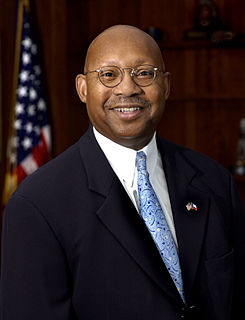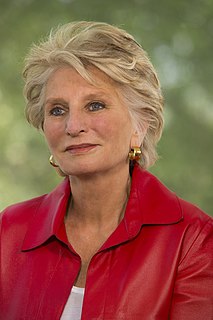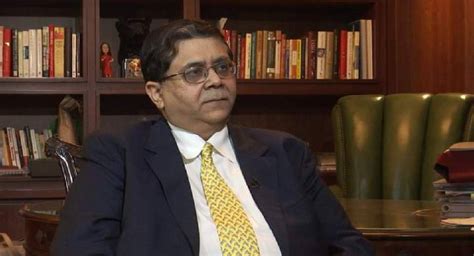A Quote by Belinda Johnson
After law school, I put on my power suit and worked at a series of law firms. By the time I was at my third in six years, it dawned on me that a traditional law job wasn't for me.
Related Quotes
The law is equal before all of us; but we are not all equal before the law. Virtually there is one law for the rich and another for the poor, one law for the cunning and another for the simple, one law for the forceful and another for the feeble, one law for the ignorant and another for the learned, one law for the brave and another for the timid, and within family limits one law for the parent and no law at all for the child.
I see basically two models of law firms in the world. One of the global law firm they go by the name of one-stop shops, which will open an office, everybody see and opportunity and will also practice the local law of that jurisdiction. That's a successful model as well but that's not the only model. And the other model is those of independent law firms, national champions which have some unique strengths as well and I think both have their strengths and weaknesses.
Much of the Constitution is remarkably simple and straightforward - certainly as compared to the convoluted reasoning of judges and law professors discussing what is called 'Constitutional law,' much of which has no basis in that document....The real question [for judicial nominees] is whether that nominee will follow the law or succumb to the lure of 'a living constitution,' 'evolving standards' and other lofty words meaning judicial power to reshape the law to suit their own personal preferences.
When you have to pass a law to make a man let me have a house, or you have to pass a law to make a man let me go to school, or you have to pass a law to make a man let me walk down the street, you have to enforce that law and you'd have to be living actually in a police state. It would take a police state in this country.



































